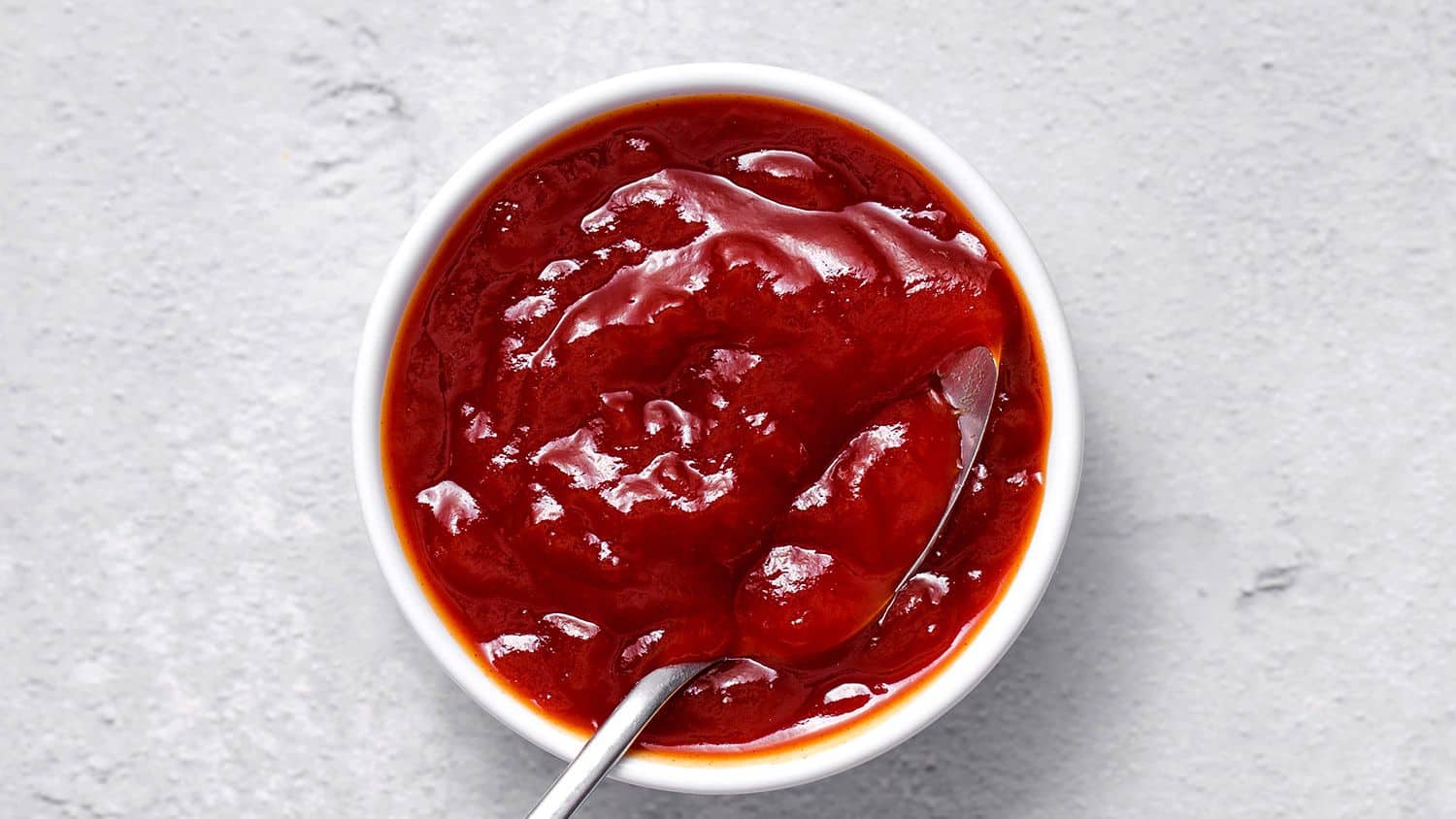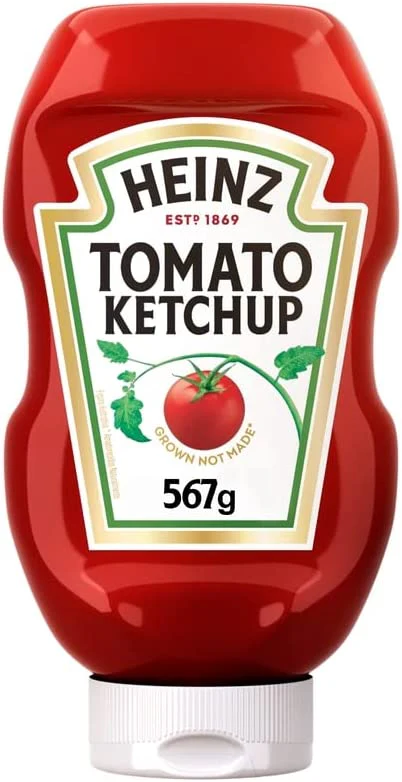Ketchup is arguably one of the most popular condiments worldwide, found in almost every kitchen or restaurant. But a common query that often surfaces is whether or not ketchup needs to be refrigerated after opening. As a staple of TheKitchenApplianceDad.com, we’re here to dive deep into the storage practices for ketchup, clearing up misconceptions and providing you with the best tips to ensure your ketchup remains fresh and flavorful.
Ketchup is primarily made from tomatoes, vinegar, sugar, and various spices. These ingredients contribute to both its rich flavor and its preservation. The acidic nature of vinegar and tomatoes makes ketchup relatively stable at room temperature, which is why unopened bottles can be stored without refrigeration. However, the scenario changes once the bottle is opened.
Once you’ve broken the seal on your ketchup bottle, the introduction of external elements, such as air and potential contaminants, come into play. Manufacturers like Heinz and Hunts recommend refrigerating ketchup after opening to maintain the best quality over a longer period. According to Heinz, which produces arguably the most famous brand of ketchup, refrigeration is recommended but not required (Heinz FAQ). This suggestion is echoed by food safety experts who affirm that while ketchup has a high acid content and can stave off bacteria at room temperature, refrigeration extends its shelf life and preserves flavor.
If you prefer not to refrigerate your ketchup, it’s essential to consider how quickly you use it. At room temperature, opened ketchup can last about one month before quality begins to degrade. However, if you’re a slow ketchup user, it is advisable to refrigerate it to prevent any spoilage or loss of quality which can occur over time.

The main concern with storing ketchup at room temperature is the growth of microorganisms, such as yeast and molds, especially if the bottle isn’t properly sealed or if the product is contaminated through cross-contamination (e.g., using a dirty knife to get ketchup out of the bottle). Chilling ketchup slows down the growth of these organisms. Moreover, the consistency and flavor of ketchup are better preserved when stored in a cool environment.
Room temperatures can often fluctuate, especially in warmer climates or during summer months, which can affect the stability and shelf life of ketchup. Refrigeration provides a constant cold environment that keeps the ketchup stable and extends its usability beyond the one-month room temperature guideline.
To maximize the shelf life and quality of your ketchup, consider the following tips:
Store your ketchup in the refrigerator if you want it to maintain its peak quality for a longer period. The ideal temperature is below 40°F (4°C).
Always make sure the cap or lid of your ketchup bottle is tightly sealed after each use. This practice prevents air and contaminants from entering the bottle, thus reducing the risk of spoilage.
Use a clean utensil every time you dip into your ketchup bottle. This prevents the introduction of bacteria or other contaminants into the ketchup.
If you choose not to refrigerate your ketchup, store the bottle in a dark, cool, and dry place away from direct sunlight and heat sources. This will help maintain its quality for the duration of its room temperature shelf life.
While ketchup does not necessarily need to be refrigerated, doing so can extend its shelf life and maintain its flavor and consistency. Whether or not you choose to refrigerate your ketchup can depend on how quickly you use it up and your personal preference for taste. Remember, when in doubt, it’s better to keep it chilled!
By following these guidelines, you can enjoy your ketchup at its best whether you keep it on the counter or in the fridge. Happy dining!

